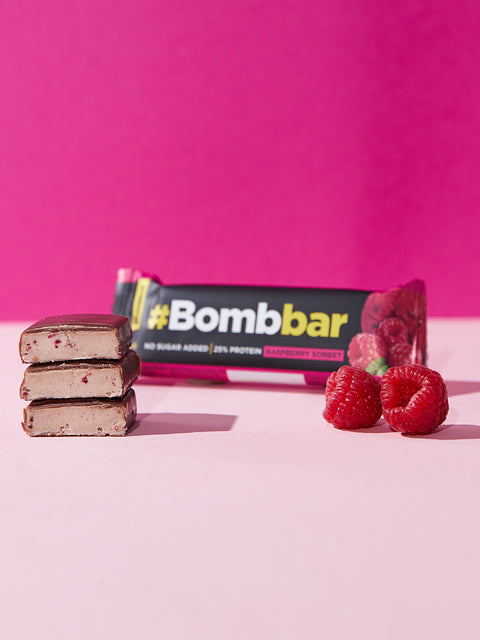The benefits of protein.
Proteins are fundamental to all living organisms, including humans. More specifically, they are composed of amino acids, which are vital for various bodily functions. The human body relies on proteins for nearly all metabolic processes, and they play a crucial role in many essential functions.
Here are the key functions:
Proteins act as the building blocks for every cell in every organ, much like "bricks." As cells age and die, they must be continually renewed and replaced, which necessitates a constant supply of proteins.
Metabolic processes within the body are reliant on regulatory substances—hormones and enzymes—many of which are protein-based compounds.
White blood cells, or leukocytes, are a vital component of human blood and play a key role in defending the body against pathogens by preventing their multiplication. Additionally, platelets, which are crucial for protecting the body from blood loss, are also protein-based cells. Amino acids are involved in the production of antibodies, the primary "working elements" of the immune system.
The entire support structure of the human body is composed of protein structures. This includes not only muscles, ligaments, and joint surfaces but also bone tissue, which is largely made up of protein.
Respiratory. The delivery of oxygen to organs and tissues is facilitated by protein structures—erythrocytes. Without a constant replenishment of these cells, sustaining human life would be impossible.
The body must constantly replenish its supply of essential amino acids to carry out all these functions. A deficiency in any of these amino acids can lead to serious metabolic disorders, malfunctions in the operation of various organs and systems, and a significant decline in overall quality of life. While the human body can synthesize some of these substances, there are 8 "essential" amino acids that must be obtained through diet.
The primary sources of protein are animal products. Meat from livestock and poultry, fish, eggs, and dairy products are rich in both the quantity and variety of amino acids. High-quality protein can also be sourced from certain plant-based foods, such as nuts, legumes (including beans, lentils, peas, soybeans, etc.), and whole grains. Among fruits, avocados are particularly notable for their high protein content. A balanced diet must include both animal and plant-based proteins; relying exclusively on one type can lead to nutrient deficiencies and negatively impact health.
According to WHO guidelines, the daily protein intake per kilogram of body weight is:
- 0.83 g for the average person;
- At least 2 g for a man engaged in sports;
- 1-2 g for a female athlete;
- 2-4 g for a growing child;
- At least 2 g for a pregnant or breastfeeding woman.
A high-protein diet is also recommended for those recovering from serious illnesses or surgeries. The body’s demand for protein increases during colder weather and periods of heightened seasonal illness.
However, not everyone can or wishes to follow these guidelines. Some people simply do not adhere to proper nutritional standards, while others find that the fast pace of modern life often hinders them from consuming the necessary amount of high-quality protein. In such cases, compact and tasty protein-rich snacks can be a practical solution.
The term "snack" refers to foods designed for quick consumption between main meals. One of the most convenient snack options is protein bars, such as those offered by Bombbar and Chikalab brands. These bars are composed of over one-third concentrated high-quality protein, whether plant-based or derived from whey, with minimal fat and simple carbohydrates. A significant portion of their mass is beneficial fiber. They are available in various types and flavors, all enriched with vitamins and other bioactive substances that provide general strengthening and antioxidant benefits.
Contrary to popular belief, high-protein bars are not just for athletes looking to rapidly increase muscle mass. These products also serve as convenient, nutritious snacks for those who, due to life’s circumstances, do not get enough protein in their daily diet. While snacks should not replace full meals, they certainly offer a tasty, healthy, and accessible addition to the daily diet.






